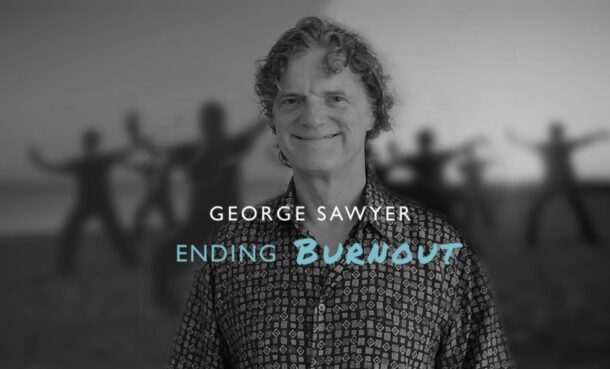Burnout is a word we throw around a lot. “I spent the entire weekend binge watching Game of Thrones episodes, I’m so burnt-out on that show!” It can be a handy term for “a bit too much” or “a bit too far” or a synonym for being profoundly tired.
But it is also a health condition. Personally, I never believed it was a real health condition until I was forced to admit I was burned out. Then I was surprised in 2019 when it burnout was acknowledged by the World Health Organization. It is becoming increasingly common as the boundaries between our work lives and our personal lives become increasingly blurred, especially for all the people who’ve suddenly found themselves working from home during the Coronavirus pandemic.
Burnout is the result of a long accumulation of unmanaged stress. It doesn’t happen over-night. It can result in an exhaustion so profound that one is weary of life itself. It can trigger depression, and hopelessness. You may find yourself ‘going through the motions’ at work, or even at home, you may discover that your entire life is just ‘going through the motions.’
The WHO define burnout as follows:
“Burn-out is a syndrome conceptualized as resulting from chronic workplace stress that has not been successfully managed. It is characterized by three dimensions:
- feelings of energy depletion or exhaustion;
- increased mental distance from one’s job, or feelings of negativism or cynicism related to one’s job; and
- reduced professional efficacy.
Burn-out refers specifically to phenomena in the occupational context and should not be applied to describe experiences in other areas of life.”
So,
- An overwhelming exhaustion – you feel used up – not just physically, but emotionally, mentally, even spiritually. You often can’t concentrate; you may not be able to sleep. You may find you are emotionally brittle – prone to sudden anger or easily upset.
- Detachment – you feel separate from, even alienated from your co-workers, your customers, your job. You may feel trapped in your role, and that nothing you can or could do will allow you to escape – those walls are too high to scale.
- Efficacy – without the ability to focus, without energy to do or follow through your productivity will fall, you may not be able to accomplish what you set out to do or may not feel it is even worth it to try. You may no longer believe you are capable.

